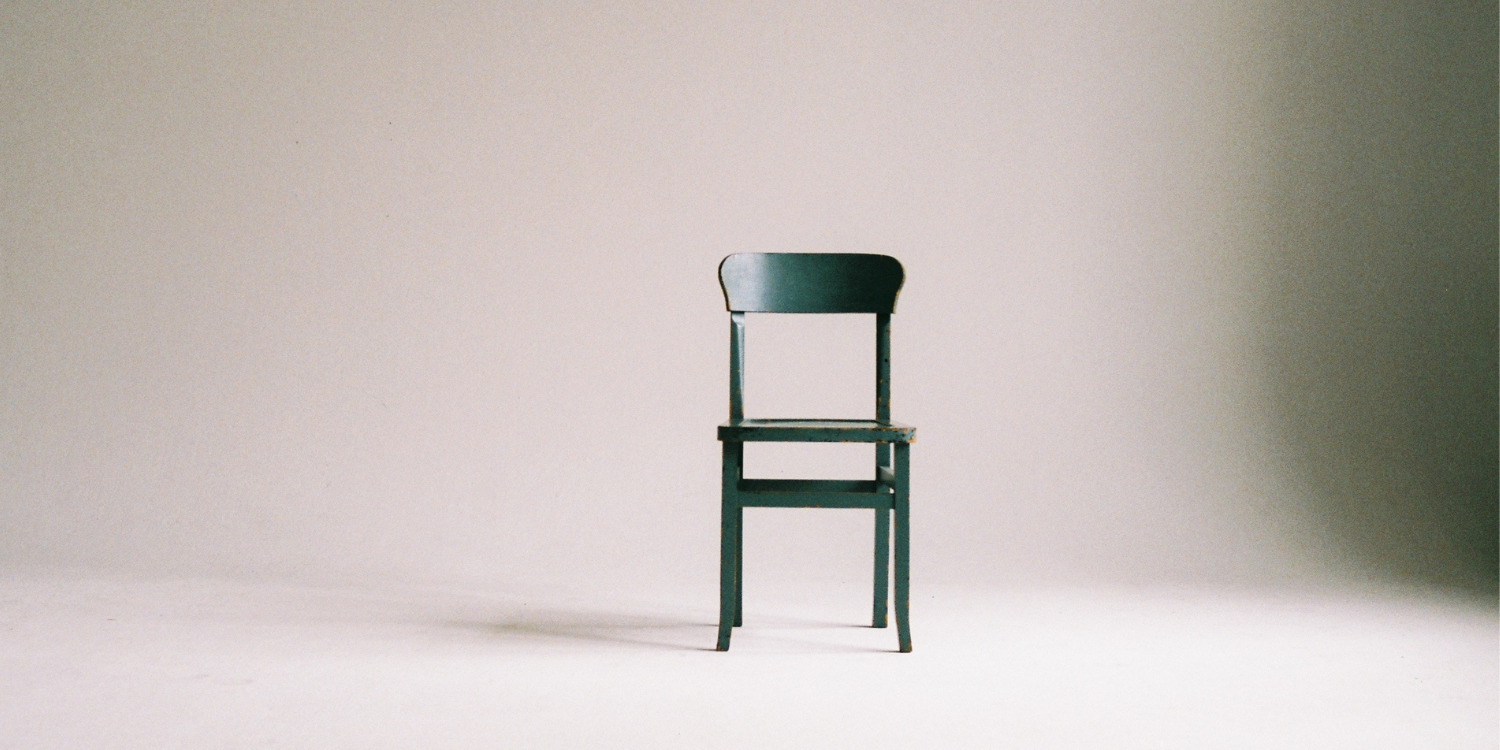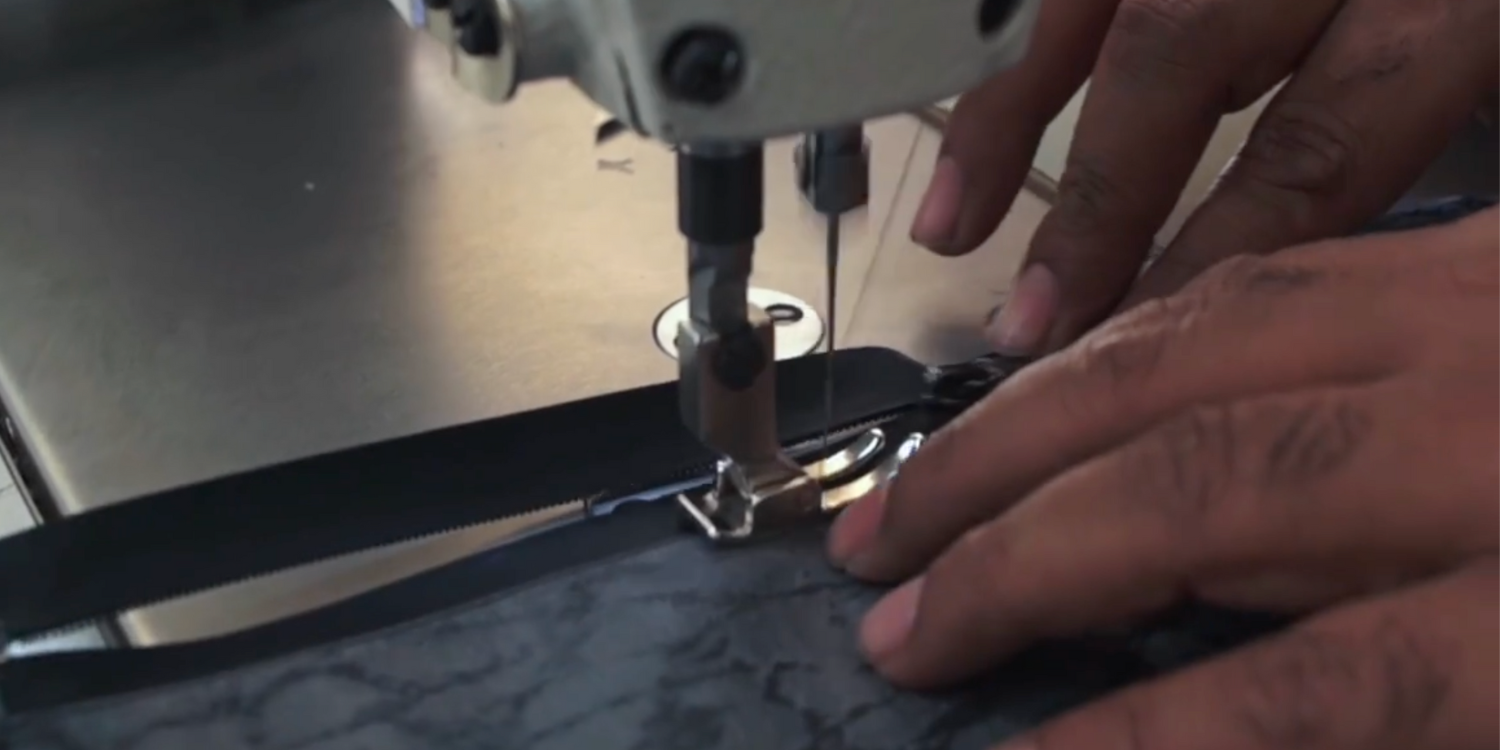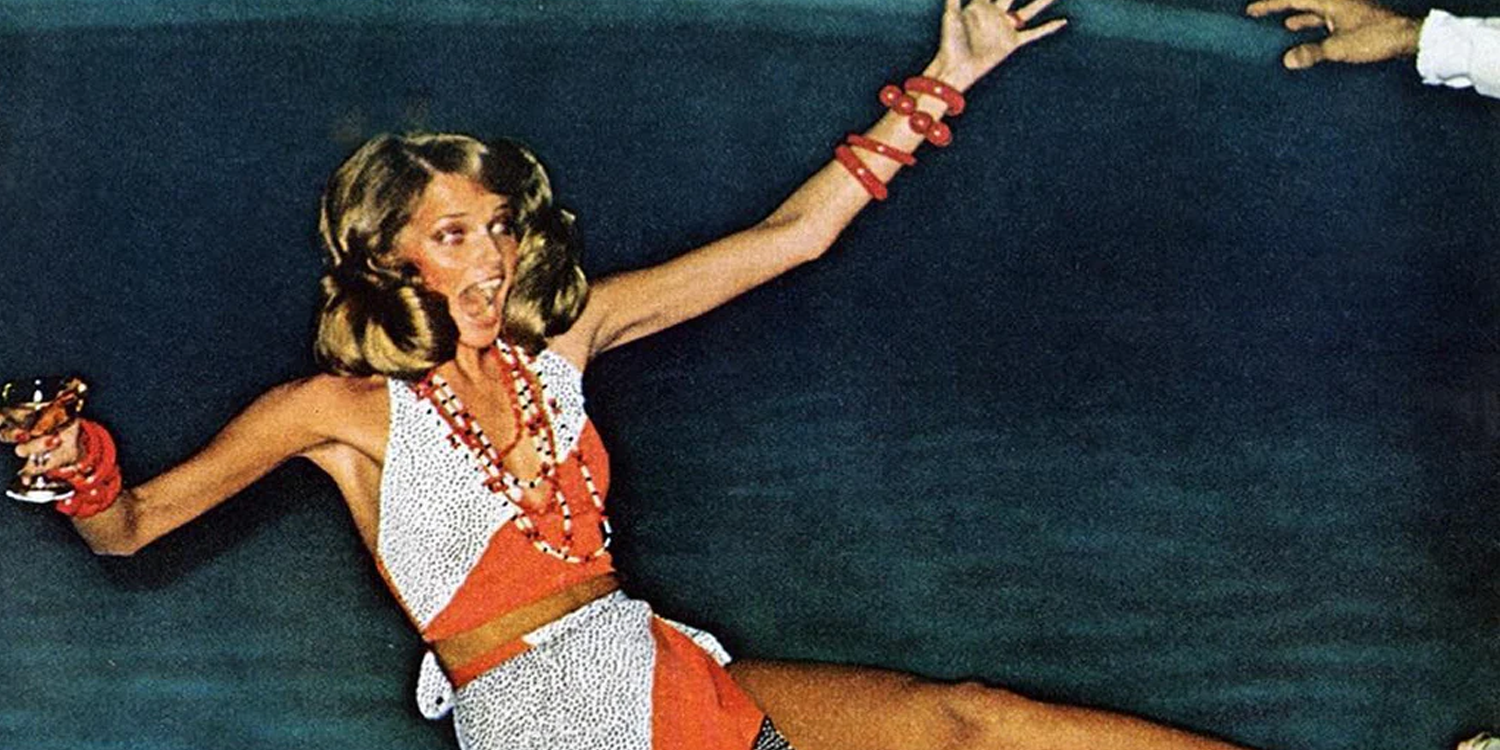
Is Covid-19 turning us into minimalists?
The Coronavirus pandemic brought about the absurd situation of immobility in a world obsessed with movement; confinement in an era of global interconnectedness; and the realization that we might live better with less in a world where economic growth is the cherry-picked indicator of national wellbeing. Corona made the contradictions of our century so unequivocal that many of us are re-assessing the meaning of normality. As we all fight our own battles against a common invisible enemy, the world starts communicating on the same level playing field. Amid the cacophony channeled by worldwide media, a consensus is visible. It appears that Covid-19 is turning us into minimalists.
Of course, this didn’t just happen overnight. Having to interrupt our travel plans, not earning as much income, not being technically able to buy stuff both in stores and online because of delivery limitations, added to the withdrawal of our access to gyms, restaurants, bars, clubs… All of this was terribly aggravating at first.
Who could blame our anger, fear, and surprise? What an invasive impediment on our liberties! Our right to move, to be social, to consume were suspended indefinitely. Some even ventured to say that this change could be permanent. That things would never be the same again. What a frightful thought… Or was it?

Didn’t it become oddly comforting too? Somehow, we progressively started to realize we had rarely felt more free. What had happened? Was it the cleaner air? The silence on the deserted streets? The near-eradication of FOMO on social media? The fact that we were alone and yet mentally together, facing the same issue in unison? Was it nature’s tranquil way of taking over, unrestrained for once during what can only be described as the strangest transition to spring.
Is a deadly pandemic turning our breed into something different? Mutating us? Traders, shoppers, consumers, turning into…minimalists?! It was an odd feeling to come to terms with the fact that, we could be ok, happy even, with almost nothing. A feeling where surprise and relief gently intermingled in our confused hearts. In fact, so many of the things we thought we absolutely needed vanished from our lives.
So what’s a minimalist? The Cambridge dictionary describes as ‘minimalist’ something belonging or relating to a style in art, design, theatre that uses the smallest range of materials and colours possible, and very simple shapes or forms. These principles are indeed the key tenets of Minimalism as an art movement, to which we can associate prominent artists such as Donald Judd, Agnes Martin, Dan Flavin, Carl Andre, Robert Morris, Anne Truitt, and Frank Stella.



The movement is often interpreted as a reaction against the richness and saturation of abstract expressionism and modernism. The term minimalist colloquially refers to anything that is spare or stripped to its essentials. Beyond art, the term has been used to describe writing that fit this style like Samuel Beckett’s plays, Raymond Carver’s short stories, or Ernest Hemingway’s novels. The movement has also been applied to the films of Robert Bresson, Alfred Hitchcock, and even some of Spielberg’s early films such as Duel (1971). Whether in art, music, literature, cinema, or fashion, minimalism’s core belief is that more is achieved with less. It is indeed the true creed behind the vulgarized saying ‘less is more’.
“Perfection is achieved, not when there is nothing more to add, but when there is nothing left to take away.” -Antoine de Saint-Exupery.
In addition to referring to a style adopted in all artforms, minimalism has come to define a lifestyle. The urban dictionary describes a minimalist as a person who exists with few possessions.
Minimalism as an art of living encourages you to filter the non-essentials. The goal of minimalism is to align the “stuff” in your life (your physical possessions, your commitments, and even your relationships) with what matters most to YOU. Minimalism is individual in that sense, and even personal: what is important to you might be obsolete to someone else, and vice versa.
Minimalism has been linked to environmental sustainability and hailed as a counter-approach to excessive capitalist consumerism. In 2015, the popularity of the Netflix documentary Minimalism: A documentary about the important things, confirmed the momentum this lifestyle was gaining. Today, it appears that with Corona this ideological affinity has become more pronounced and universal. World politics are for the first time reviewing their priorities: if not the planet’s health, human health has been placed before wealth. We made that choice.

Individually, we now know from experience how to focus on the important stuff. We started cooking meals again, clearing our closets, putting the social back in social media (great article on this here), some of us reunited with families, loved ones, others with themselves.
This changes the world because this changes us. This crisis extends now well beyond health. It’s economic, political and ideological. We’re all aware of the socio-economic ramifications and we’ve come to expect a recession this year and next year. But this is a result of our choices. Countries and individuals decided to sacrifice physical freedom and material things for the preservation of human life. Meanwhile, Covid-19 stays on its course and continues to ask us what’s truly important? For now, our replies have pointed towards minimalism, a return to the bare necessities.





Leave a comment
This site is protected by hCaptcha and the hCaptcha Privacy Policy and Terms of Service apply.